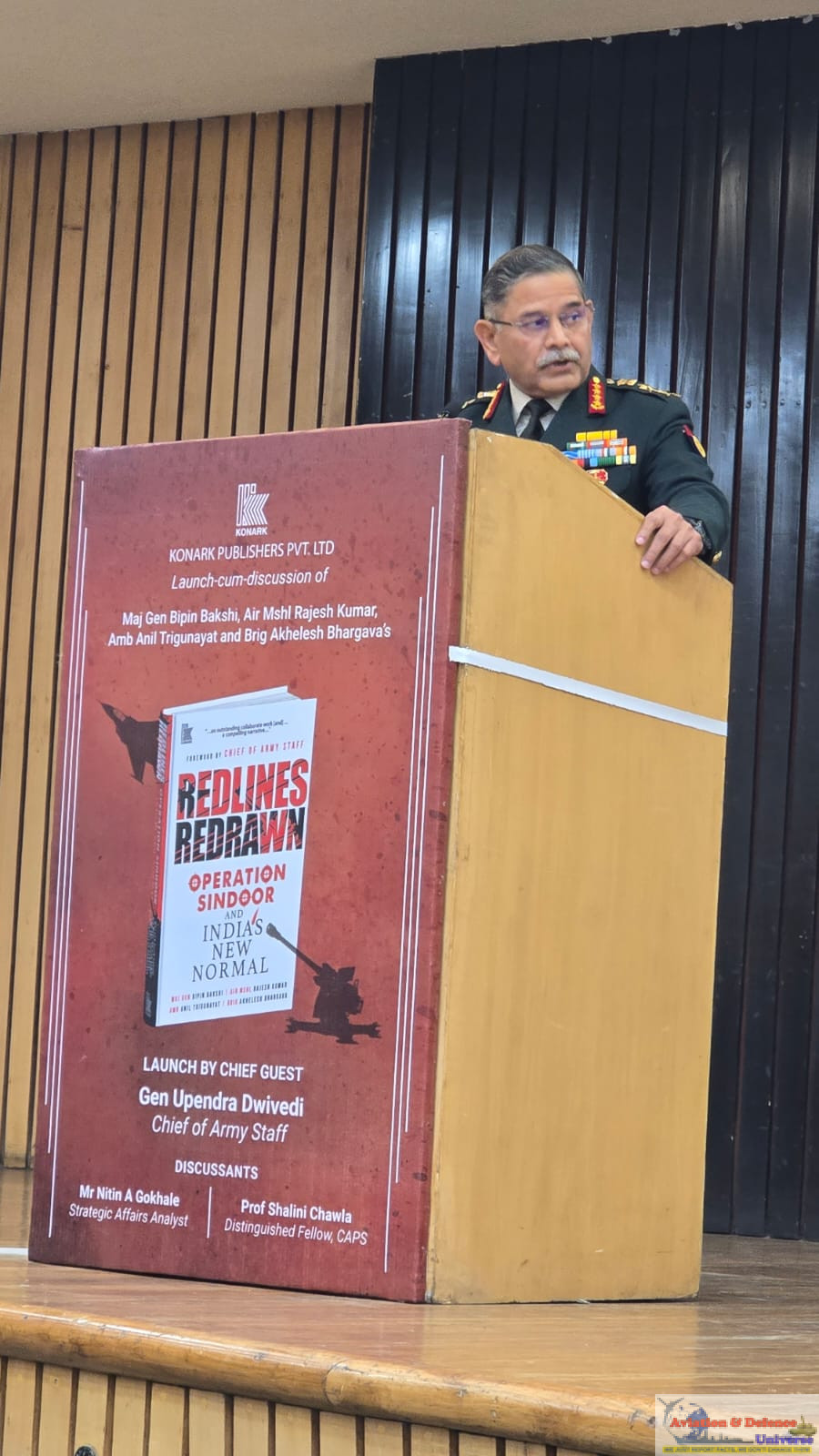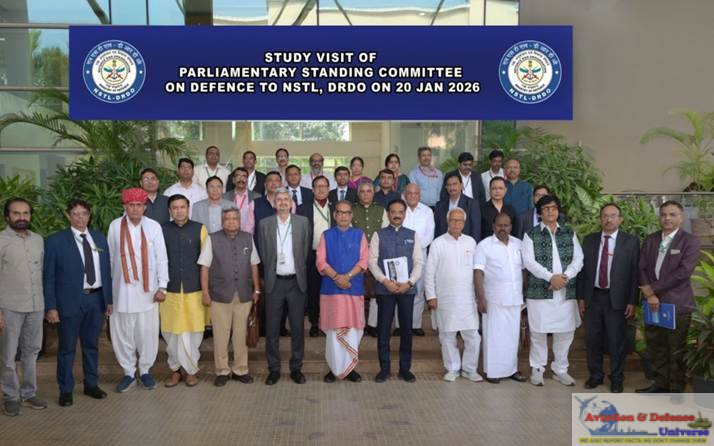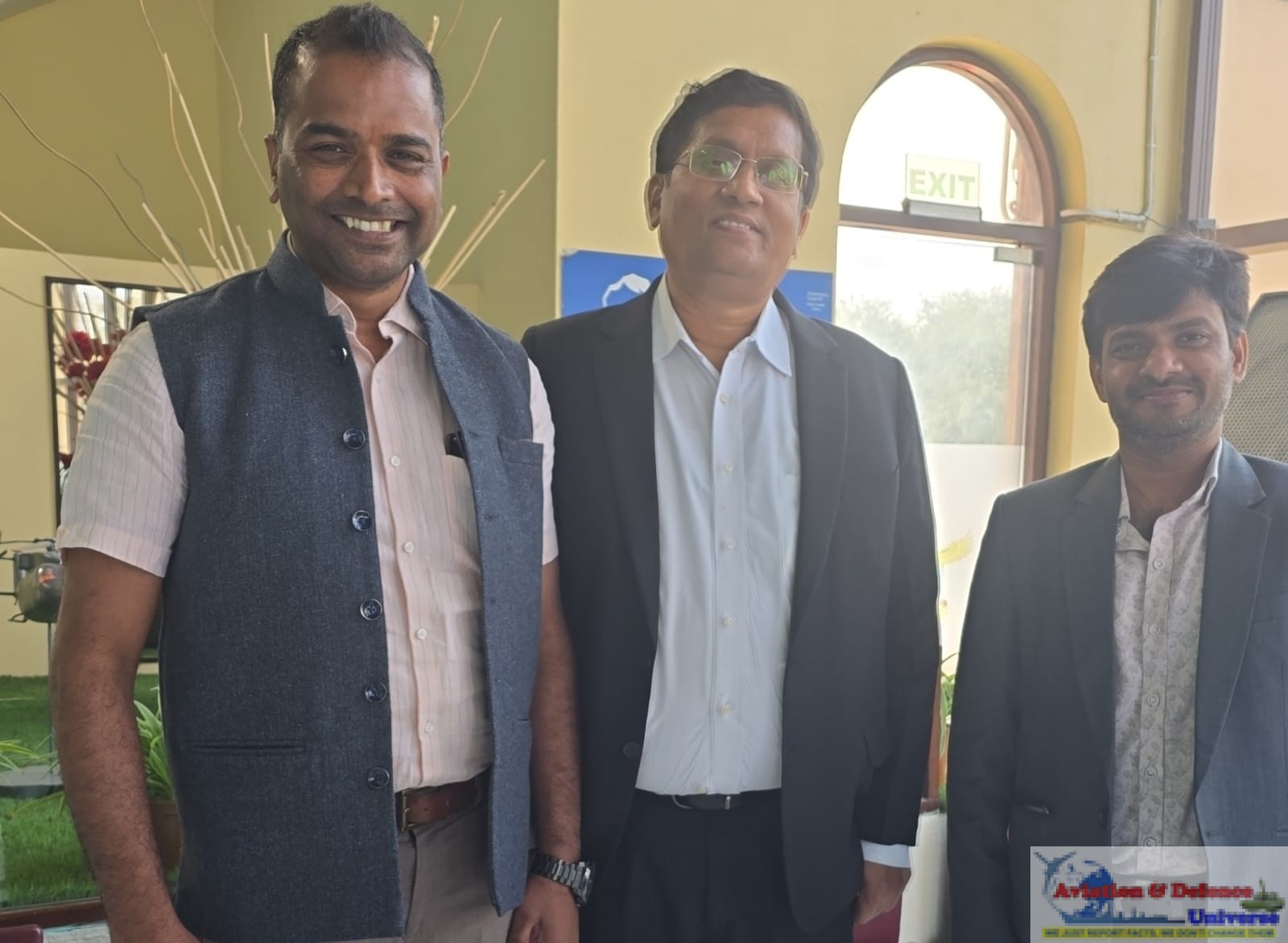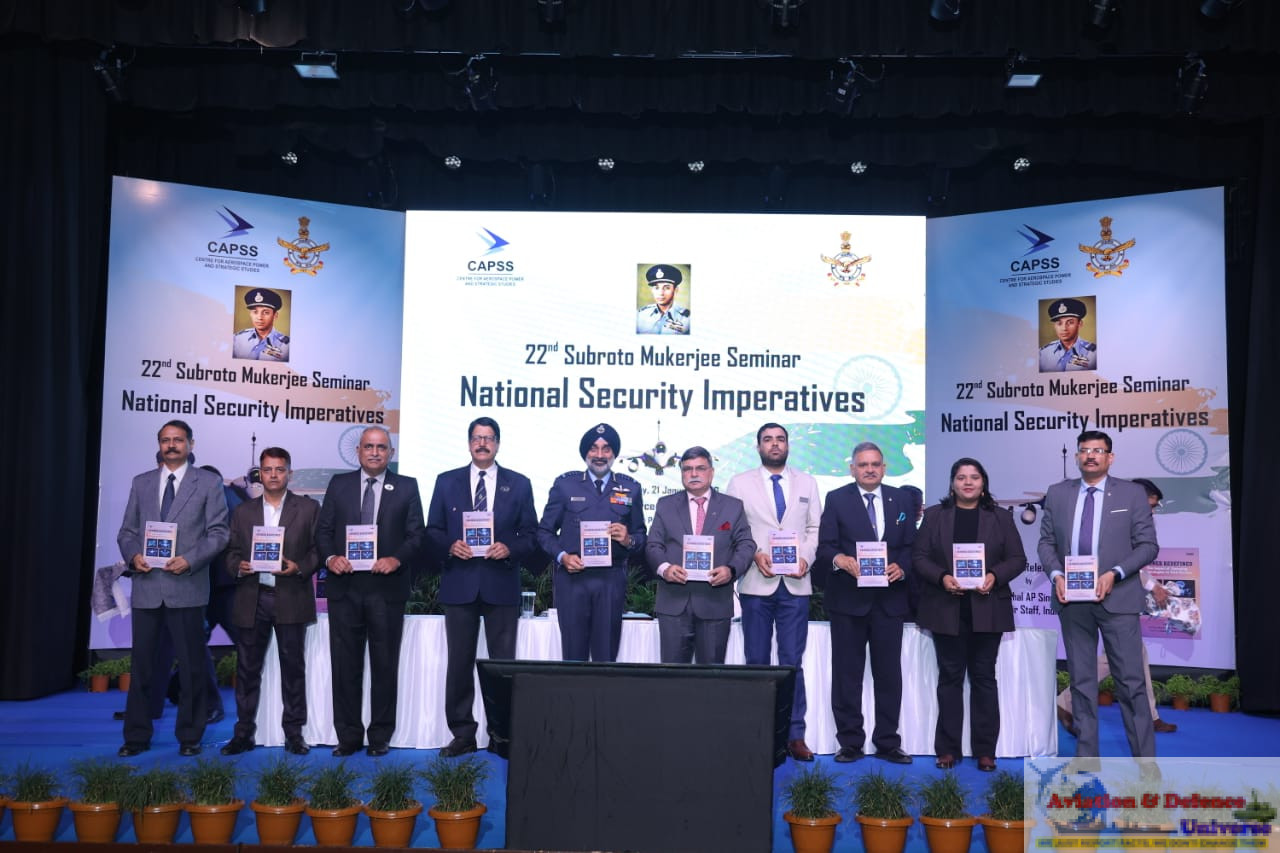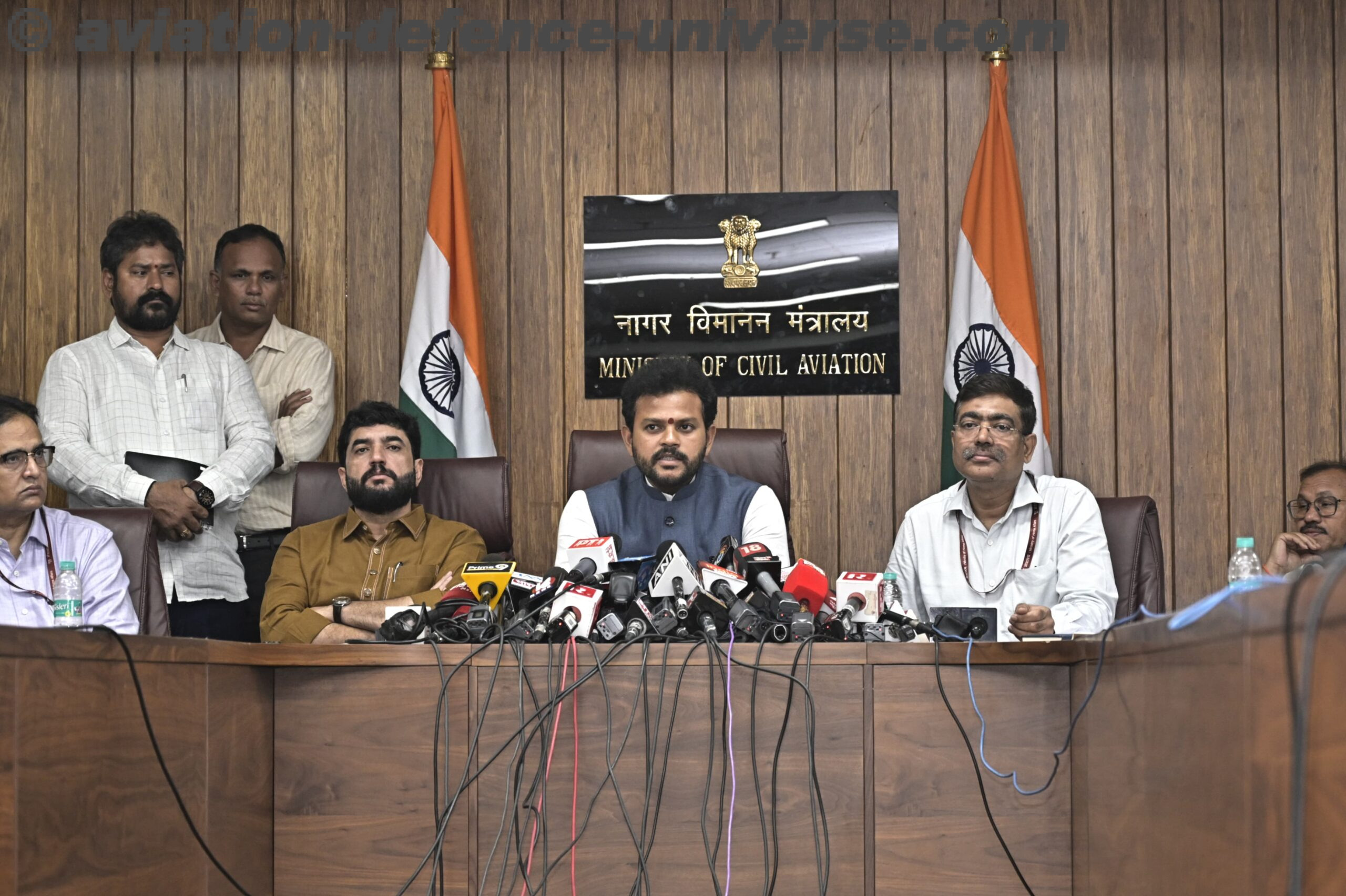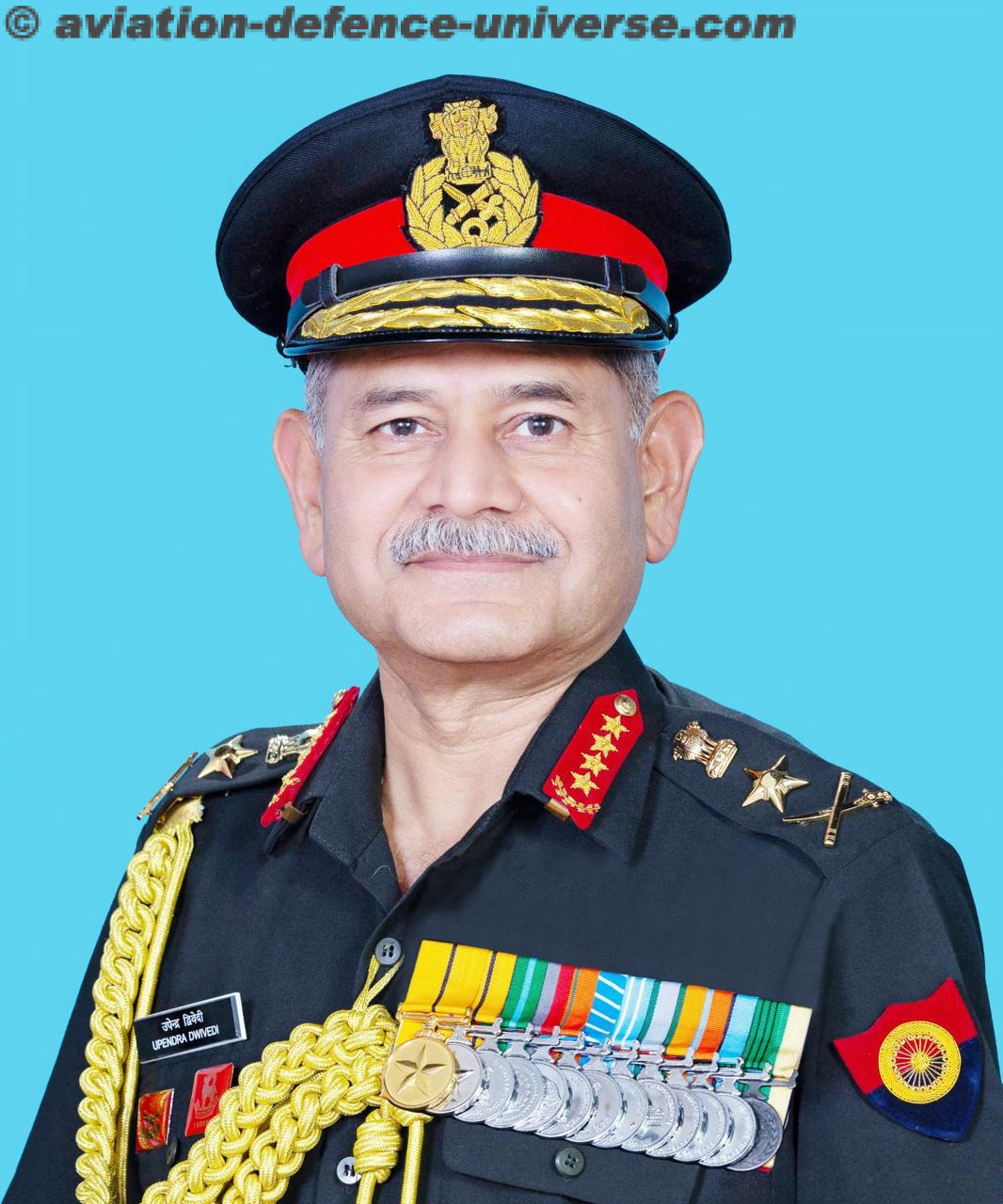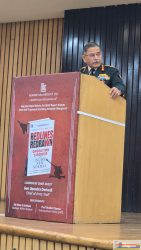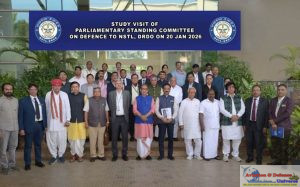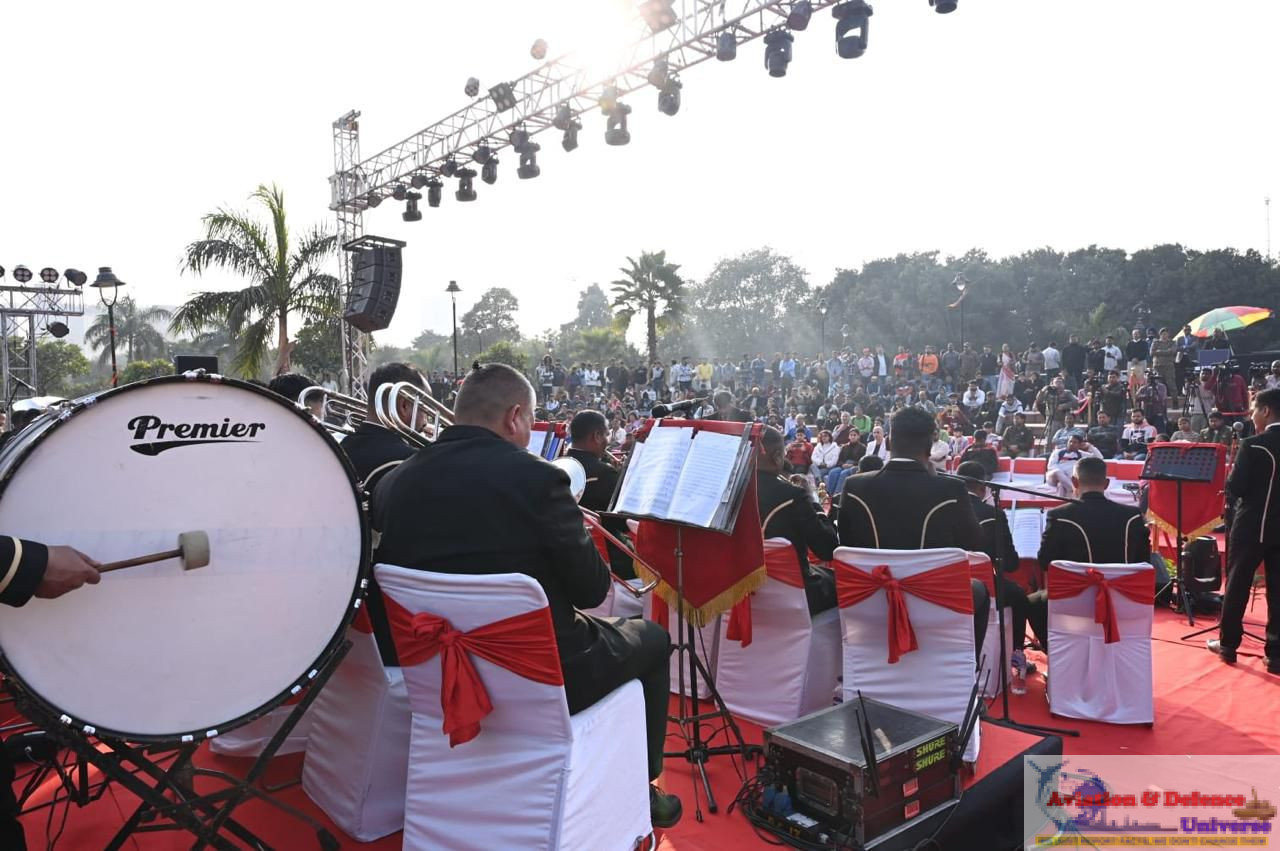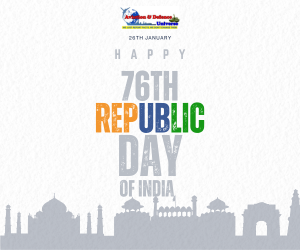- Statement by Foreign Secretary on the decision of the Cabinet Committee on Security (CCS)
- CCS Takes Stern Steps Against Pakistan After Pahalgam Massacre
By Sangeeta Saxena
New Delhi. 23 April 2025. In a decisive response to the brutal terrorist attack that rocked Pahalgam, Jammu and Kashmir, on 22 April 2025, the Government of India has unveiled a series of stringent diplomatic and strategic measures aimed at countering cross-border terrorism. The attack, which claimed the lives of 25 Indian nationals and one Nepali citizen, prompted an emergency meeting of the Cabinet Committee on Security (CCS) under the chairmanship of Prime Minister Narendra Modi. The CCS not only condemned the attack in the strongest terms but also rolled out impactful policy actions targeting diplomatic, defence, and treaty-level ties with Pakistan.
The Cabinet Committee on Security (CCS) met this evening under the Chairmanship of the Prime Minister. The CCS was briefed in detail on the terrorist attack on 22 April 2025 in Pahalgam, in which 25 Indians and one Nepali citizen were killed. A number of others sustained injuries. The CCS condemned the attack in the strongest terms and expressed its deepest condolences to the families of the victims and hoped for the early recovery of the injured.
Strong expressions of support and solidarity have been received from many Governments around the world, which have unequivocally condemned this terror attack. The CCS recorded its appreciation for such sentiments, which reflect zero tolerance for terrorism.
In the briefing to the CCS, the cross-border linkages of the terrorist attack were brought out. It was noted that this attack came in the wake of the successful holding of elections in the Union Territory and its steady progress towards economic growth and development.
Recognizing the seriousness of this terrorist attack, the CCS decided upon the following measures:
(i) The Indus Waters Treaty of 1960 will be held in abeyance with immediate effect, until Pakistan credibly and irrevocably abjures its support for cross-border terrorism.
(ii) The Integrated Check Post Attari will be closed with immediate effect. Those who have crossed over with valid endorsements may return through that route before 01 May 2025.
(iii) Pakistani nationals will not be permitted to travel to India under the SAARC Visa Exemption Scheme (SVES) visas. Any SVES visas issued in the past to Pakistani nationals are deemed cancelled. Any Pakistani national currently in India under SVES visa has 48 hours to leave India.
(iv) The Defence/Military, Naval and Air Advisors in the Pakistani High Commission in New Delhi are declared Persona Non Grata. They have a week to leave India. India will be withdrawing its own Defence/Navy/Air Advisors from the Indian High Commission in Islamabad. These posts in the respective High Commissions are deemed annulled. Five support staff of the Service Advisors will also be withdrawn from both High Commissions.
(v) The overall strength of the High Commissions will be brought down to 30 from the present 55 through further reductions, to be effected by 01 May 2025.
The CCS reviewed the overall security situation and directed all forces to maintain high vigil. It resolved that the perpetrators of the attack will be brought to justice and their sponsors held to account. As with the recent extradition of Tahawwur Rana, India will be unrelenting in the pursuit of those who have committed acts of terror, or conspired to make them possible.
Prime Minister Narendra Modi exhorted, “I strongly condemn the terror attack in Pahalgam, Jammu and Kashmir. Condolences to those who have lost their loved ones. I pray that the injured recover at the earliest. All possible assistance is being provided to those affected. Those behind this heinous act will be brought to justice…they will not be spared! Their evil agenda will never succeed. Our resolve to fight terrorism is unshakable and it will get even stronger.”
Union Home Minister and Minister of Cooperation Amit Shah paid his last respects to the deceased of yesterday’s Pahalgam terror attack. He said,” Bharat will not bend to terror and the culprits of this dastardly terror attack will not be spared. Amit Shah also met families of victims of the Pahalgam terror attack. Every Indian feels the pain of losing loved ones in the terrorist attack in Pahalgam, this sorrow cannot be expressed in word, he added.
Union Home Minister visited the site of the Pahalgam terror attack and took a detailed briefing about the incident from officers. Shah also visited the injured of the Pahalgam terror attack, admitted to the hospital and assured them of every possible assistance.
Defence Minister of India Rajnath Singh has assured the people that those responsible for the cowardly terrorist attack on innocent citizens in Pahalgam, Jammu & Kashmir will soon get a befitting reply to their nefarious acts on Indian soil. He reiterated India’s firm resolve of zero tolerance against terrorism and stated that the Government will take every necessary and appropriate step.
Since the 1980s, Jammu and Kashmir has been at the epicentre of several deadly terrorist attacks, many with clear links to cross-border elements. The eruption of insurgency in the late 1980s marked the beginning of a prolonged period of violence. The infamous Wandhama massacre of 1998, the Kaluchak attack in 2002 where families of soldiers were targeted, the 2001 Assembly complex bombing, and the 2008 coordinated attacks across Srinagar and Jammu bear testimony to the systematic campaign of terror. In more recent years, incidents like the Uri attack in 2016, Pulwama in 2019, and multiple attacks on Amarnath pilgrims have exposed the persistent threat of terror emanating from across the Line of Control.
India’s responses over the decades have included strengthening counter-terror infrastructure, improving coordination between security agencies, and mounting diplomatic offensives to expose the global terror networks supporting insurgency in Kashmir. The latest Pahalgam attack not only reopened old wounds but also marked a resolute shift in India’s posture — one of assertive retaliation and diplomatic recalibration.
With its firm policy decisions post-Pahalgam, the Government of India has made it clear that acts of terror will not be tolerated nor will dialogue proceed under the shadow of violence. The strong international support received by India reaffirms the global consensus against terrorism. As India prepares to bring the perpetrators and their backers to justice, it sends a loud and clear message — national security is non-negotiable, and those who strike at its core will face the full force of the Indian state.












